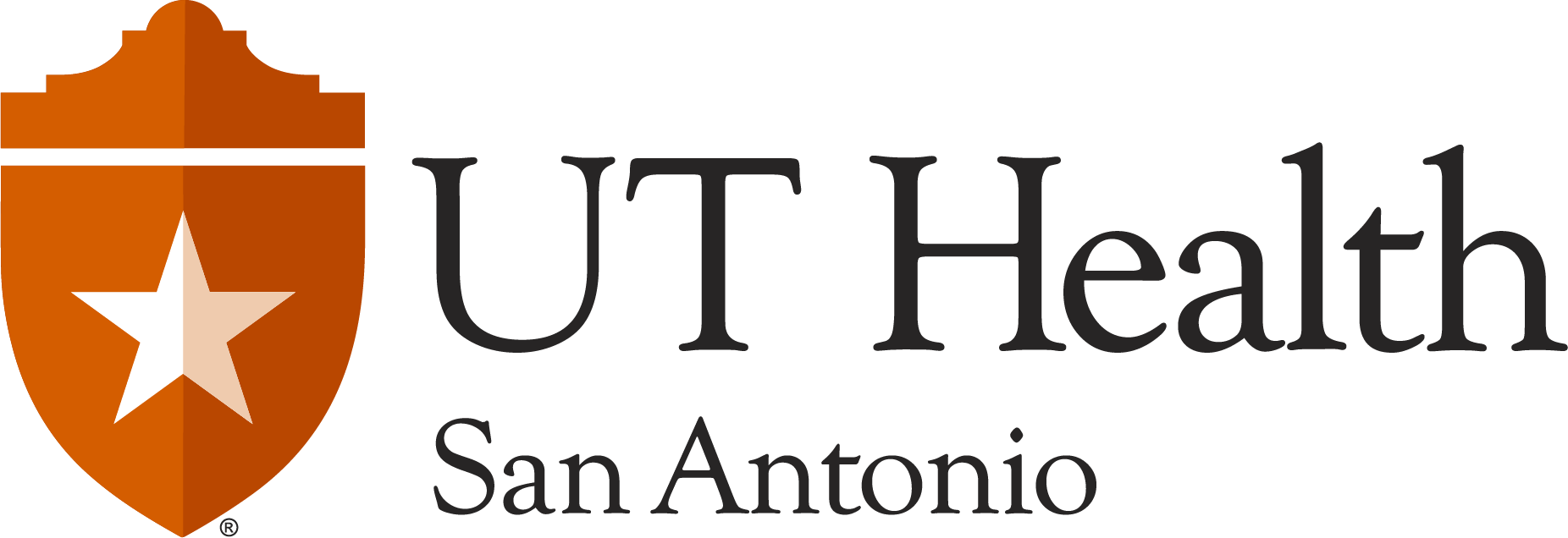Frequently Asked Questions
A: Appointment for K12 Scholars is made on an annual basis. Two years of support as a K12 Scholar is typical pending adequate progress in the first year.
A: Yes. In order to receive support by the K12 Program, each K12 Scholar must be a faculty member and have the full support of their research mentor, home department, and school. Although faculty positions may be pending at the time of application, departmental commitment to a K12 Scholar’s research career development is an important consideration in the review of applications.
A: The KL2 Program’s goals are to:
- Enhance the career development and research training of a diverse group of exceptional early career investigators in clinical and translational science.
- Provide didactic and practical training in the design, conduct, and analysis of clinical and translational science investigation.
- Instill appreciation for the theory, methods and analytic strategies among the diverse disciplines that contribute to successful multidisciplinary clinical and translational research.
- Provide mentored research experiences that will advance Scholars to independence as clinical and translational scientists.
- Develop clinical and translational research leaders with strong team management skills, excellent verbal and written communication proficiencies, and outstanding grant writing capabilities.
A: Candidates for the KL2 Scholar program are junior faculty recruited from a wide range of health professions, including all specialties of medicine and surgery, nursing, psychology, dentistry, pharmacy, pharmacology, epidemiology, biostatistics, biomedical informatics, allied health sciences, biomedical engineering and other postdoctoral professionals.
A: All KL2 Scholars will dedicate 75% effort to participate in a 2-3 year program that includes both didactic and practical research training (exception: surgeons may dedicate only 50% effort to the Program). The third year of support must be provided by the candidate’s home department in cases in which the candidate has not secured individual K or R-level funding within the 2-year KL2 grant award. Candidates who are dually employed by the Health Science Center and the Department of Veterans Affairs may be restricted from the KL2 Scholar award because federal salaries cannot be considered part of the 75% KL2 institutional commitment.
A: Mentored Research. KL2 Scholars must construct a career development plan, a research proposal in their chosen field of study, and a mentorship team, as part of the competitive admission process for the KL2 Program. The research Mentor(s), who must have a history of successful mentoring, provide opportunities for the trainee to conduct the research project and oversee the Scholar’s career development.
Scholars Preparing Aims for R and K awards (SPARK) Peer-Mentoring Seminars. This forum consists of interactive meetings among the KL2 Scholars, and KL2 Directors, for KL2 Scholars to describe their research progress and to receive advice and critical feedback on documents in preparation for grants or manuscripts. Draft proposals are critiqued, problems discussed, and suggestions made to resolve roadblocks that may occur and impede research and career development. The SPARK Seminars require each Scholar to iteratively produce a career development award application (e.g., K08, K23, VA, American Heart Association) or research grant application (e.g., R21, R01). These meetings are also designed to enhance the sense of community among diverse Scholars within the UT Health Science Center, allowing people to share ideas and strategies with persons outside their discipline. This cross fertilization potentiates the development of new insights into each other’s work. The rotation schedule is set up such that each KL2 Scholar presents their work in progress every 2-3 months.
Scholars Optimizing Achievement in Research (SOAR) Seminars. SOAR seminars are designed to facilitate the successful transition of KL2 Scholars into independent investigators via a series of sessions pertaining to the issues involved in career development. These seminar topics are chosen by the Scholars to fit their needs and our facilitated by faculty and staff with expertise in the particulare topic.
Scholar/Director Meetings. Quarterly meetings are held between the Scholars and Program Directors to monitor the Scholars’ experience in the Program. Objectives of these meetings are to:
- Ensure regular opportunity for meaningful (one-on-one) interactions between Scholars and Directors.
- Regularly assess Scholar progress toward publications, grant applications, and other career development activities.
- Identify concerns regarding protected time, mentorship, research plans, resources, or career development.
- Provide a forum for open discussion of sensitive/difficult topics.
Didactic Training. Each KL2 Scholar receives individualized recommendations for didactic training based on need and interest and as related to their research and career development plans. This training can take several forms including:
- Selected courses from the MSCI program or other GSBS courses;
- Continuing education courses;
- Short/concentrated courses in areas of expertise. All Scholars must also fulfill requirements for training in the Responsible Conduct in Research.
Other Learning Activities.
- Visiting Bartter Professor Events
- Prism (Dept. of Medicine Seminar)
- Medical Grand Rounds
- Bartter Dinner
- ACTS Meeting in DC: Annual Meeting in Spring
- IIMS Frontiers of Translational Science Research Day
Continuing Support. During their second year in the Program, Scholars are required to complete an application for an individual career development award or research project grant. KL2 Scholar salary support must be provided for a third year via the Scholars’ home departmental funds, should the Scholar not attain individual funding by the end of the second year. The third year guarantee must be approved by the applicants’ Department Chair/Division Chief in the Letter of Intent application phase.
- Led by Dr. Sunil Ahuja, Office of the Vice President for Research
- Personal grant review with internal & external reviewers for NIH, VA, DOD, etc grant applications
- Conducted during 2 year of KL2 program

